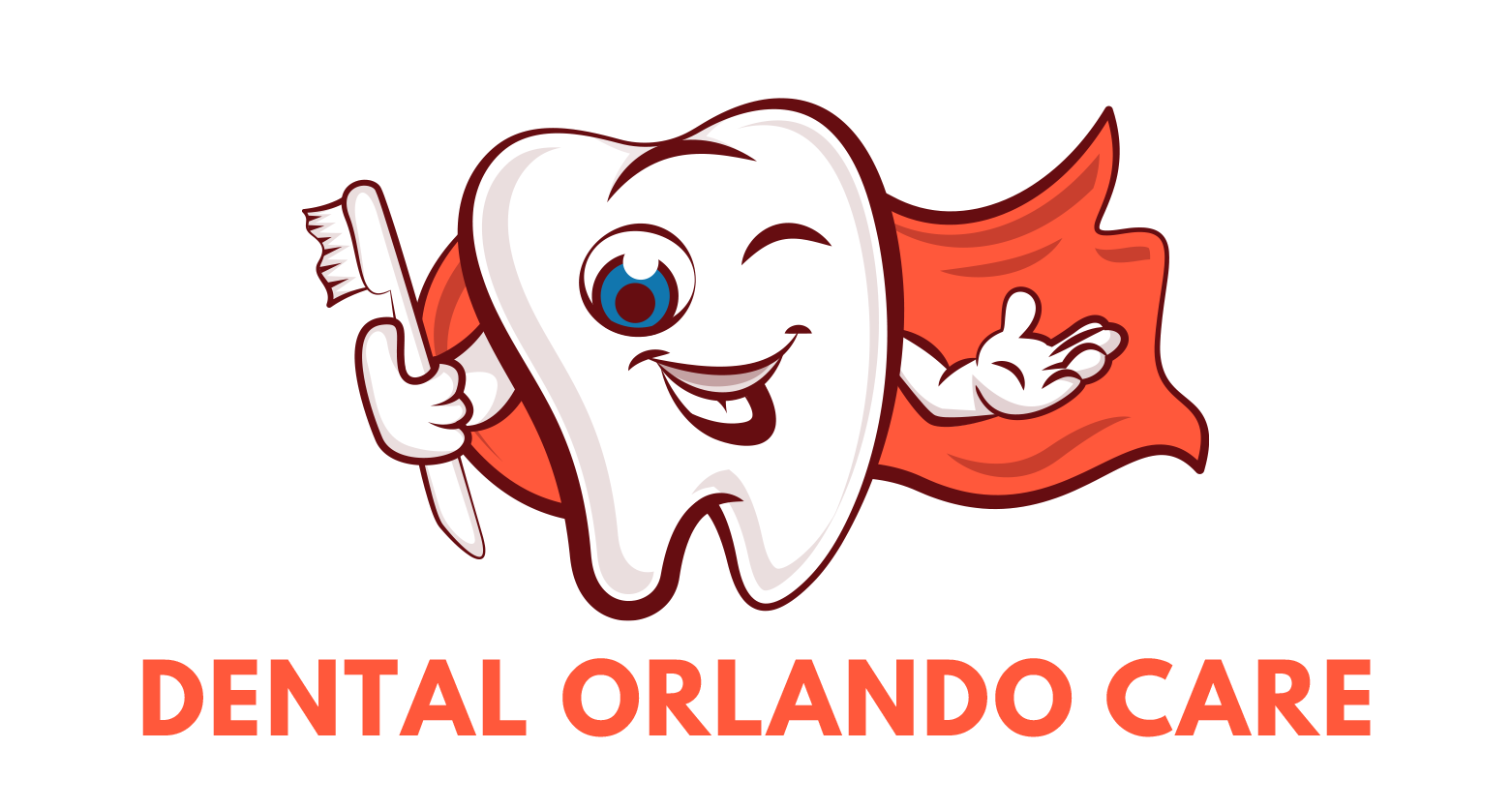During a root canal procedure, the dentist or endodontist (a specialist in root canal treatments) aims to remove the infected or damaged pulp from the tooth's root canal system. The root canal is the space inside the tooth that contains nerve tissue, blood vessels, and connective tissue. If you are looking forward to knowing more about root canal treatment and what causes it, then you have found the right article. Let’s dive into the facts. Also, do remember if your tooth is infected then do not delay contact with a 24 hour emergency dentist Orlando.
What causes a root canal?
A root canal treatment is typically required when the pulp of a tooth becomes infected or inflamed. The pulp is the soft tissue located in the center of the tooth. This contains nerves, blood vessels, and connective tissue. A 24 hour emergency dentist Orlando will be able to help you with a proper diagnosis. You can also understand the telltale signs of root canal treatment.
Several factors can lead to pulp damage and necessitate a root canal procedure, including:
Dental Decay: Deep cavities or untreated tooth decay can allow bacteria to reach the pulp, leading to infection and inflammation.
Dental Trauma: An injury or trauma to a tooth, such as a crack or fracture, can expose the pulp to bacteria, causing infection and inflammation.
Tooth Grinding (Bruxism): Chronic teeth grinding can cause enamel wear and lead to pulp exposure, increasing the risk of infection and inflammation.
Faulty Dental Restorations: Dental fillings or crowns that are poorly placed or have deteriorated over time can allow bacteria to enter the pulp, causing damage.
Dental Procedures: Extensive dental work, such as multiple fillings or repeated dental procedures on the same tooth, can eventually compromise the pulp's health.
Dental Abscess: Untreated or inadequately treated dental infections can spread to the pulp, resulting in pulp inflammation and the need for a root canal.
It's important to note that every case is unique. The need for a root canal will be determined by your dentist based on a thorough examination, symptoms, and diagnostic tests such as X-rays. If you experience tooth pain, sensitivity, swelling, or other concerning symptoms, it's crucial to consult with a dental professional. You can also book a 24 hour emergency dentist Orlando for an accurate diagnosis. They will help to understand whether a root canal is associated with any chronic illness.
Here's a step-by-step overview of what typically happens during a root canal treatment:
Anesthesia: To ensure your comfort throughout the procedure, the dentist will administer local anesthesia. This will numb the area around the affected tooth. This ensures that you won't experience any pain during the treatment.
Accessing the Tooth: Once the area is numbed, the dentist will place a rubber dam around the tooth/ This is meant to isolate it from the rest of your mouth, keeping it clean and dry. Moreover, this also prevents any debris or disinfectant from entering your mouth.
Creating an Opening: The dentist will then use specialized dental instruments to access the inside of the tooth. They may use a drill or dental files to create a small opening on the top of the tooth. This will help them to reach the pulp chamber and root canals.
Removing Infected or Damaged Pulp: Using small, precise instruments called files, the dentist will carefully remove the infected or damaged pulp from the pulp chamber and root canals. This process eliminates the source of infection and relieves any pain or discomfort associated with the tooth.
Cleaning and Shaping the Root Canals: After removing the pulp, the dentist will use root canal files to clean and shape the root canals. This step is crucial to ensure the complete removal of bacteria and debris from within the tooth. Irrigation with a disinfectant solution is also performed to thoroughly cleanse the root canals.
Filling the Root Canals: Once the root canals are clean and shaped, the dentist will fill them with a biocompatible material called gutta-percha. Gutta-percha is a rubber-like material that seals the canals. Thus, preventing re-infection and providing stability to the tooth.
How long does a root canal take?

The duration of a root canal procedure can vary depending on several factors, including the complexity of the case, the number of root canals involved, and the individual dentist's approach and expertise. On average, a root canal treatment can take anywhere from 30 minutes to 90 minutes per tooth.
In some cases, a root canal can be completed in a single appointment. This happens particularly if the tooth being treated has a straightforward anatomy. So, book a 24 hour emergency dentist Orlando.
However, more complex cases or teeth with multiple canals may require multiple appointments This process ensures thorough cleaning, disinfection, and sealing of the affected roots.
It's important to note that the duration mentioned above is a general guideline. The actual time required for a root canal can vary from patient to patient. Your dentist will assess your specific situation and provide you with a more accurate estimate based on your needs. If tooth pain increases then contact a 24 hour emergency dentist Orlando.
Do root canals hurt?
During a root canal procedure, the area around the tooth is typically numbed using local anesthesia. So, you should not feel any pain during the treatment. However, it is common to experience some discomfort or sensitivity in the days following the procedure. This discomfort is usually manageable with over-the-counter pain medications. You will find the pain gradually subsides as the tooth heals.
It's important to remember that root canals are performed to relieve pain caused by an infected or inflamed tooth pulp. By removing the infected tissue, cleaning the canals, and sealing the tooth, the root canal procedure aims to alleviate the underlying cause of the pain.
If you have concerns about pain or discomfort during a root canal, it is recommended to discuss them with your dentist. They can address your questions, and explain the procedure in more detail. Thus, providing you with appropriate pain management options.
What to eat after root canal?
After a root canal procedure, it's generally recommended to stick to soft foods that are easy to chew. Thus, won't put excessive pressure on the treated tooth. You can also call a 24 hour emergency dentist Orlando for consultation.
Here are some food suggestions for the initial recovery period:
Soft Foods: Opt for soft foods like mashed potatoes, scrambled eggs, yogurt, smoothies, soups, or well-cooked pasta. These foods are gentle on the teeth and won't require much chewing.
Non-Acidic Fruits and Vegetables: Incorporate cooked or steamed vegetables such as carrots, peas, or green beans into your meals. Choose non-acidic fruits like bananas, avocados, or cooked apples.
Protein-rich Options: Include soft protein sources like boiled or baked chicken, fish, tofu, or lentils. You can try blending them into soups or mashing them for easier consumption.
Dairy Products: Milkshakes, yogurt, cottage cheese, or soft cheese can provide you with calcium and protein while being easy on the teeth.
Avoid Hard or Crunchy Foods: Stay away from hard, crunchy, or sticky foods that may strain or dislodge the temporary filling or crown placed after the root canal. This includes nuts, hard candies, chewy candies, popcorn, and raw vegetables.
Avoid Hot and Spicy Foods: In the initial stages of recovery, it's best to avoid extremely hot or spicy foods that could cause discomfort or irritate the treated tooth.
Remember to follow any specific post-operative instructions provided by your dentist. It's crucial to maintain good oral hygiene. So, try gently brushing and flossing the teeth surrounding the treated area. You must be cautious around the temporary filling or crown.
If you have any concerns or questions about your diet after a root canal, it's best to consult your affordable dentist. They will help you with personalized advice based on your specific situation
Follow-up Restoration - Root Canal Treatment in Orlando
After the root canals are filled, the dentist will place a temporary or permanent filling. This process will seal the access opening created at the beginning of the procedure. In some cases, a dental crown may be recommended to provide additional protection and support to the treated tooth.
Depending on the condition of your tooth, a follow-up appointment may be necessary to place a dental crown or other restoration. This step helps to strengthen the tooth and restore its natural appearance and functionality.
It's important to note that modern dental techniques and advancements in anesthesia make root canal procedures relatively comfortable and successful in most cases. Following the completion of the treatment, you should experience relief from the pain and discomfort associated with the infected tooth, while also preserving your natural tooth structure. At Dental Orlando Care you get to meet the best affordable dentist near me.

